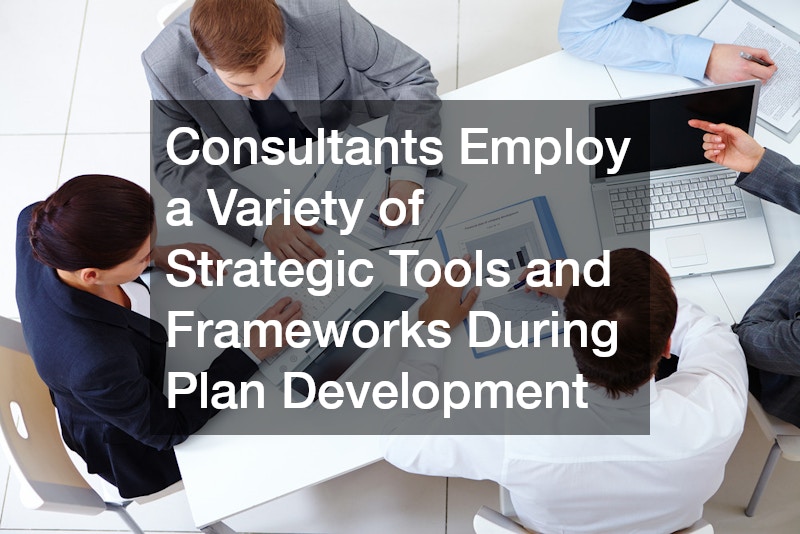At the heart of every successful consultancy project lies a deep understanding of the client’s needs. This involves conducting thorough assessments to comprehend the challenges and objectives the business faces. Business expansion consultants are skilled at dissecting complex business issues to identify core problems. By engaging in active listening, they build a comprehensive profile of their clients’ requirements.
This tailored understanding is pivotal in crafting effective strategies that align with the client’s vision and goals.
Building strong relationships with clients is a fundamental aspect of understanding their needs. Trust and communication play significant roles in this process. Business consultants often spend substantial time dialoguing with key stakeholders across organizational levels. Through these interactions, consultants gather insights into company culture, operational dynamics, and specific industry challenges. Such an immersive approach allows them to tailor their services to meet distinct client expectations, ultimately fostering long-term partnerships.
Additionally, keeping abreast of market trends and industry benchmarks is essential. This external knowledge equips consultants to provide informed recommendations and foresees potential opportunities for the business. Coupling in-depth organizational understanding with external insights positions business expansion consultants to drive holistic growth. Their role demands a balance of empathy, analytical skills, and industry expertise. By meticulously piecing together these elements, consultants ensure strategies are not only effective but also sustainable.
Developing Strategic Plans
After understanding client needs, the next crucial step for business consultants is strategic planning. This process begins with defining clear objectives based on the initial analysis. Business expansion consultants craft a roadmap that tackles these objectives, aligning them with long-term company goals. A well-crafted strategy includes key performance indicators (KPIs), timelines, and contingency plans. The effectiveness of this strategy hinges on its flexibility to adapt to changing business landscapes.
Consultants employ a variety of strategic tools and frameworks during plan development. These methodologies help in dissecting complex market data and identifying competitive advantages. SWOT analysis, PESTLE analysis, and Porter’s Five Forces are common tools utilized to provide structure to the strategic planning process. The knowledge gained from these tools forms the bedrock of informed decision-making. A robust strategy acknowledges existing resources while identifying gaps that require additional focus or investment.
Collaboration is crucial in the strategic planning phase. Consultants work closely with the client’s internal teams to foster a sense of ownership and alignment. This collaborative approach ensures that strategies resonate with team members and are actionable within the company’s operational framework. By facilitating structured brainstorming sessions, consultants can harness creative solutions that might otherwise be overlooked. This alignment is key in driving the successful implementation of strategies and achieving desired outcomes.
Implementing and Managing Change
Once a strategic plan is in place, the focus shifts to implementation and change management. This phase demands meticulous coordination and management skills. Business expansion consultants play a pivotal role in guiding businesses through transitional periods. Facilitating smooth implementation requires clear communication and continuous engagement with all stakeholders. By setting predefined milestones, consultants ensure steady progress and keep teams motivated and aligned with the set objectives.
Resistance to change is a common challenge faced during the implementation process. Consultants, therefore, must possess excellent negotiation and conflict resolution skills. Open dialogue is encouraged to address concerns and mitigate resistance. Educational workshops and stakeholder meetings are often organized to ease transitions and clarify any uncertainties. These efforts help foster a supportive environment that embraces change as an opportunity rather than a challenge.
Throughout the implementation process, monitoring progress against predefined KPIs is vital. This tracking ensures that any deviations from the plan are quickly identified and corrected. Business expansion consultants utilize their analytical skills to interpret performance data and make necessary adjustments. By continuously evaluating progress, consultants maintain momentum and ensure the successful realization of strategic goals. Their hands-on approach enhances the project’s resilience, enabling companies to navigate the complexities of change more effectively.
Evaluating Performance and Outcomes
The final and equally critical activity for business consultants is evaluating performance and outcomes. This post-implementation phase involves assessing the effectiveness of the strategy and its impact on the business. Consultants analyze both quantitative metrics and qualitative feedback to gauge success. This evaluation not only validates the approach taken but also offers insights for future improvements. A comprehensive review can reveal new opportunities for growth or areas that need refinement.
Feedback collection is an integral part of the evaluation process. Business expansion consultants often conduct surveys, interviews, and focus groups to gather opinions from various stakeholders. This feedback provides a holistic view of the project’s success and underlines areas where the consultancy made a substantial impact. Transparent communication during this phase encourages ongoing collaboration and trust. Moreover, it strengthens the consultant-client relationship, proving invaluable for future projects.
In conclusion, the evaluation phase closes the loop of the consultancy process. By reflecting on the outcomes and the approach, both consultants and clients gain essential learning points. These insights are instrumental in refining future strategies and improving business practices. Continuous improvement ensures that business consultants remain relevant and effective in a rapidly evolving business environment. It is this cycle of strategy formulation, implementation, and evaluation that defines the enduring value of a business expansion consultant.



